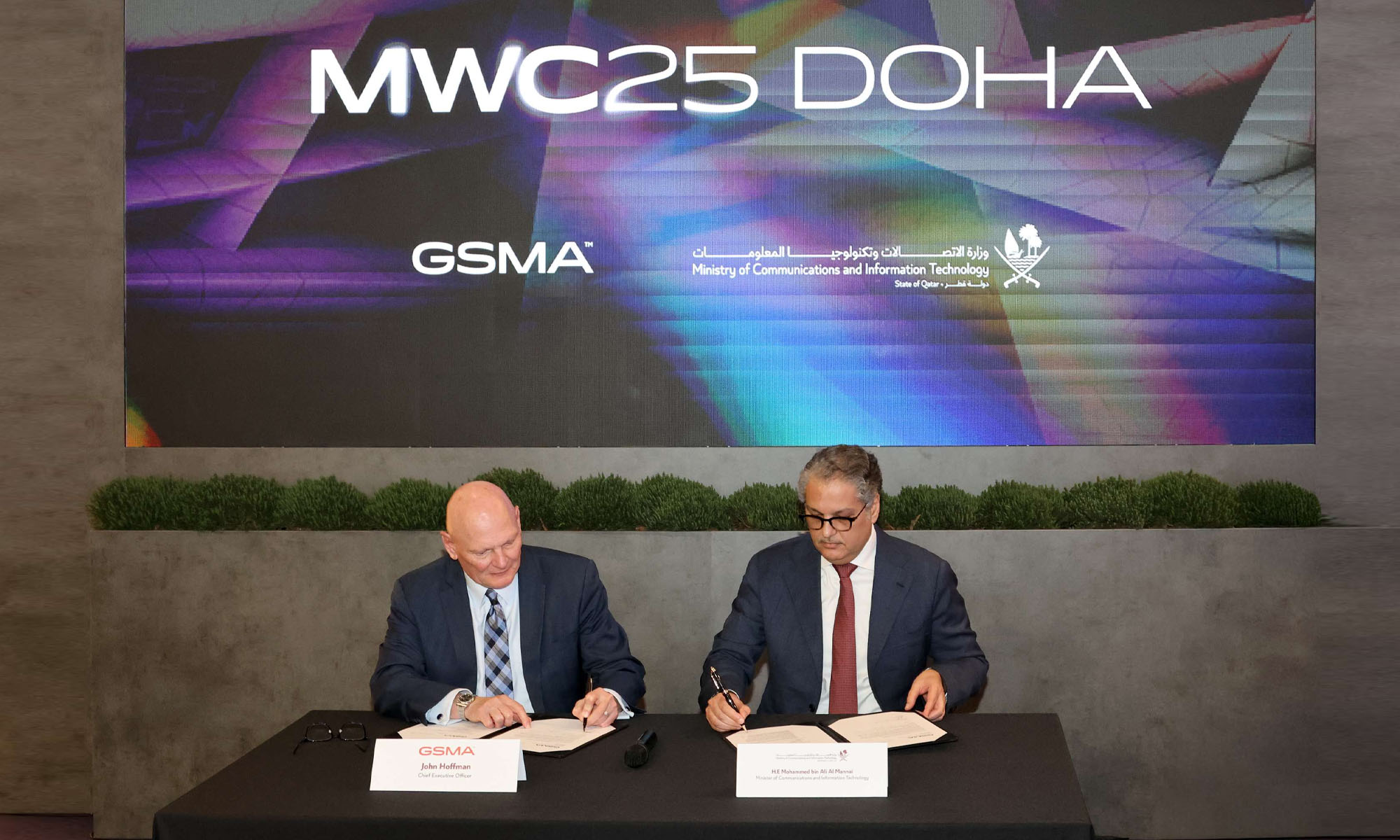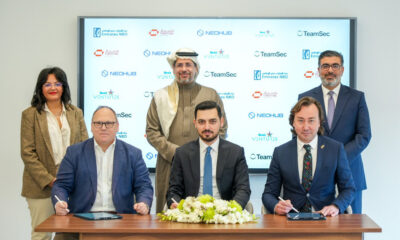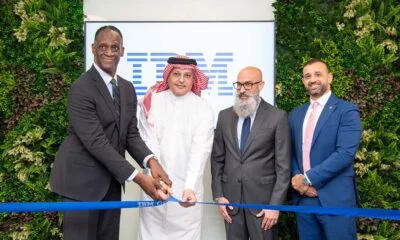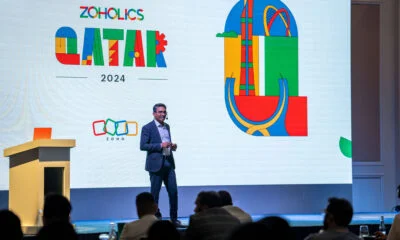News
Qatar To Host Mobile World Congress For Next 5 Years
This will be the first time the tech event has been held in the MENA region, and will help to drive digital innovation and attract investment to Qatar.

Qatar has secured hosting rights to hold the Mobile World Congress (MWC) in Doha for the next five years. The news marks a significant milestone, as it’s the first time the prestigious event will be held in the Middle East and North Africa (MENA) region.
The official agreement was signed in Barcelona by Qatar’s Minister of Communications and Information Technology, H. E. Mohammed bin Ali Al Mannai, and John Hoffman, CEO of the Global System for Mobile Communications Association (GSMA), during the MWC 2025 event.
دولة #قطر تعلن استضافتها النسخ الخمس المقبلة للمؤتمر العالمي للهواتف المحمولة#قنا https://t.co/crM4Pt4vSn pic.twitter.com/n7EGysFx0v
— وكالة الأنباء القطرية (@QatarNewsAgency) March 4, 2025
Minister Al Mannai highlighted that MWC Doha will serve as a global meeting point for industry leaders and experts, fostering collaboration and innovation:
“This milestone reflects our commitment to accelerating the adoption of digital solutions and enhancing our leadership in the ICT sector. Hosting this event represents a strategic opportunity to attract investments and support the implementation of the Digital Agenda 2030. This event will enhance collaboration among leading sector companies, opening new horizons for growth and innovation in the region,” Al Mannai stated.
The premiere edition of MWC Doha is scheduled for November 25–26, 2025. The event will showcase the latest developments in mobile technology, AI, financial technology, and smart connectivity. Additionally, discussions will cover key issues such as digital inclusion, sustainability, and emerging technologies, offering a valuable platform for networking and knowledge sharing.
GSMA CEO John Hoffman expressed his enthusiasm for the event, saying, “We are delighted to welcome MWC25 Doha to our world-renowned MWC Series. Our vision is for MWC Doha to become integral to Qatar’s emerging role as a global hub for digital innovation, showcasing the Middle East’s digital transformation across AI, advanced 5G, and smart mobility”.
Hosting MWC Doha is expected to have a positive economic impact on Qatar, drawing thousands of attendees, including top executives, industry experts, and investors from across the world. This influx is anticipated to drive economic growth, promote international cooperation, and highlight the capabilities of Qatari and regional tech firms.
Also Read: After Two Decades, Microsoft Announces Skype Shut Down
Furthermore, the event is poised to attract foreign investment by providing global investors with firsthand insight into Qatar’s business-friendly environment. With its advanced infrastructure and supportive regulatory landscape, the country is positioning itself as a prime destination for digital ventures and entrepreneurship. Additionally, MWC Doha is expected to facilitate strategic partnerships between Qatari and international companies, further cementing Qatar’s reputation as a regional and global tech powerhouse.
GSMA currently organizes multiple regional editions of Mobile World Congress to promote digital advancement worldwide, including MWC Shanghai, MWC Las Vegas, and MWC Kigali. MWC Barcelona remains the flagship event, drawing over 101,000 attendees from 205 countries, along with more than 2,700 exhibitors.
News
Rabbit Expands Hyperlocal Delivery Service In Saudi Arabia
The e-commerce startup is aiming to tap into the Kingdom’s underdeveloped e-grocery sector with a tech-first, locally rooted strategy.

Rabbit, an Egyptian-born hyperlocal e-commerce startup, is expanding into the Saudi Arabian market, setting its sights on delivering 20 million items across major cities by 2026.
The company, founded in 2021, is already operational in the Kingdom, with its regional headquarters now open in Riyadh and an established network of strategically located fulfillment centers — commonly known as “dark stores” — across the capital.
The timing is strategic: Saudi Arabia’s online grocery transactions currently sit at 1.3%, notably behind the UAE (5.3%) and the United States (4.8%). With the Kingdom’s food and grocery market estimated at $60 billion, even a modest increase in online adoption could create a multi-billion-dollar opportunity.
Rabbit also sees a clear alignment between its business goals and Saudi Arabia’s Vision 2030, which aims to boost retail sector innovation, support small and medium-sized enterprises, attract foreign investment, and develop a robust digital economy.
The company’s e-commerce model is based on speed and efficiency. Delivery of anything from groceries and snacks to cosmetics and household staples is promised in 20 minutes or less, facilitated by a tightly optimized logistics system — a crucial component in a sector where profit margins and delivery expectations are razor-thin.
Despite the challenges, Rabbit has already found its stride in Egypt. In just over three years, the app has been used by 1.4 million customers to deliver more than 40 million items. Revenue has surged, growing more than eightfold in the past two years alone.
Also Read: Top E-Commerce Websites In The Middle East In 2025
CEO and Co-Founder Ahmad Yousry commented: “We are delighted to announce Rabbit’s expansion into the Kingdom. We pride ourselves on being a hyperlocal company, bringing our bleeding-edge tech and experience to transform the grocery shopping experience for Saudi households, and delivering the best products – especially local favorites, in just 20 minutes”.
The company’s growth strategy avoids the pitfalls of over-reliance on aggressive discounting. Instead, Rabbit leans on operational efficiency, customer retention, and smart scaling. The approach is paying off, having already attracted major investment from the likes of Lorax Capital Partners, Global Ventures, Raed Ventures, and Beltone Venture Capital, alongside earlier investors such as Global Founders Capital, Goodwater Capital, and Hub71.
























